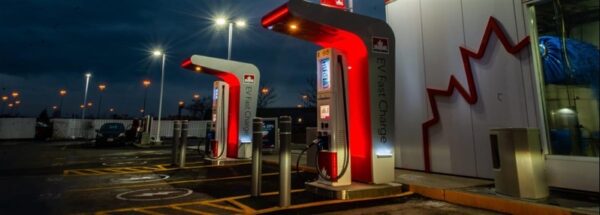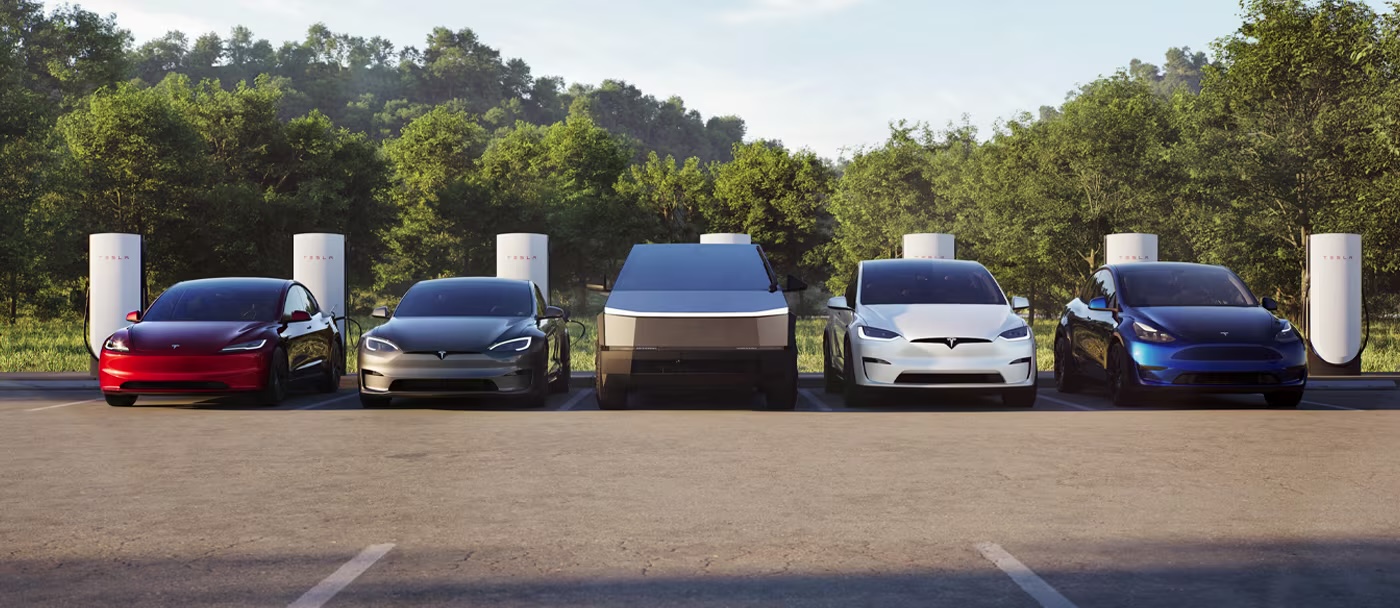
Petro-Canada Blames Charging Network Woes on COVID-19, Supply Chain

Petro-Canada has been working on building out a charging network across the country for well over a year now, and new updates show the company working to improve a few key factors based on user feedback.
Canada’s so-called Electric Highway is set to gain charger reliability improvements from Petro-Canada, including both hardware and software features, according to the Suncor Energy subsidiary, in a sponsored post on Electric Autonomy.
The Canadian Electric Highway project is the company’s coast-to-coast network of ultra fast-chargers, which will be comprised of more than 50 charging sites across the Trans-Canada Highway.
Tesla Model 3 was Canada’s Best-Selling EV Across 7 Provinces https://t.co/Y0u3kmhGBG
— TeslaNorth.com (@RealTeslaNorth) October 13, 2022
Specifically, Petro-Canada says it’s hoping to enhance driver communication capabilities and to help meet the needs and wants of electric vehicle (EV) owners — for whom the company says it and others “faced difficulties in meeting the expectations” held by some drivers. The company blamed COVID-19 and a slow supply chain for its charger network woes.
The first Petro-Canada fast charger in Victoria, BC, as of last week, only has 1 of 2 charging stalls operating.
Petro-Canada also says that the feedback pointed its sales toward creating better infrastructure to utilize low-carbon energy alternatives, and it says the electric highway is set to be the beginning of a greater set of initiatives.
In June, Petro-Canada hiked EV charging rates in Quebec by double, landing around $0.45 CAD ($0.33 USD) per minute on average.
Last month, the Canada Infrastructure Bank announced a $500 million investment into EV charging, just a few weeks after the country had been ranked the least prepared country for a transition to EVs in a study.

